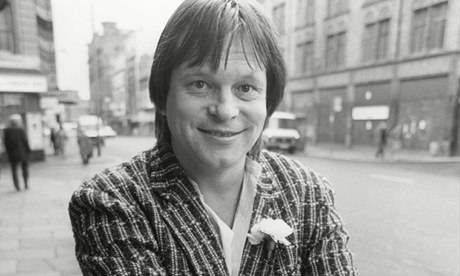
"I started filming this a year ago – it went on and on, leaving me old and ravelled," said Terry Gilliam in late 1984, as he edited Brazil, his vision of a dystopia of mass bureaucracy, dysfunctional technology and characterless food. Under an abandoned flour mill and in a "howling, freezing" power station, he had "eaten sandwiches and coffee coated thick with dust". All the while he'd lived in one basement room of his gutted Highgate home – with wife, kids and camping stove.
Now he was anxiously editing the film, but in Neal's Yard in Covent Garden. A salvation of sorts, not least culinary. Some Monty Python members had bought No 11 of this "ratty, trampy" courtyard in 1976, erecting a sign saying "British Film Industry Ltd".The same year the Whole Food Warehouse moved in – prompting Neal's Yard's evolution into the foodie centre it is today. When Neal's Yard Dairy opened in 1979, John Cleese had been its first artisanal cheese customer.
Gilliam frequented Neal's Yard Salad Bar (which had opened in 1982), deriving energy for editing from its coffees, juices and soups. With organic carrot and ginger soup in hand, he rolled me a scene from Brazil – of terrorism in a decadent restaurant "where all meals are blobs, ordered by menu number". Enjoying soup and celluloid, Gilliam little realised he had a year's arguing before Universal would release Brazil in America (on Christmas Day 1985).
Gilliam spoke fondly of the Pythons, saying: "We'd never discuss adopting for the American market, ever. I tell a lie. Once we had a big row about tinned or canned peaches. Cleese was convinced Americans wouldn't understand tinned. And I got really, really angry. That was it".

